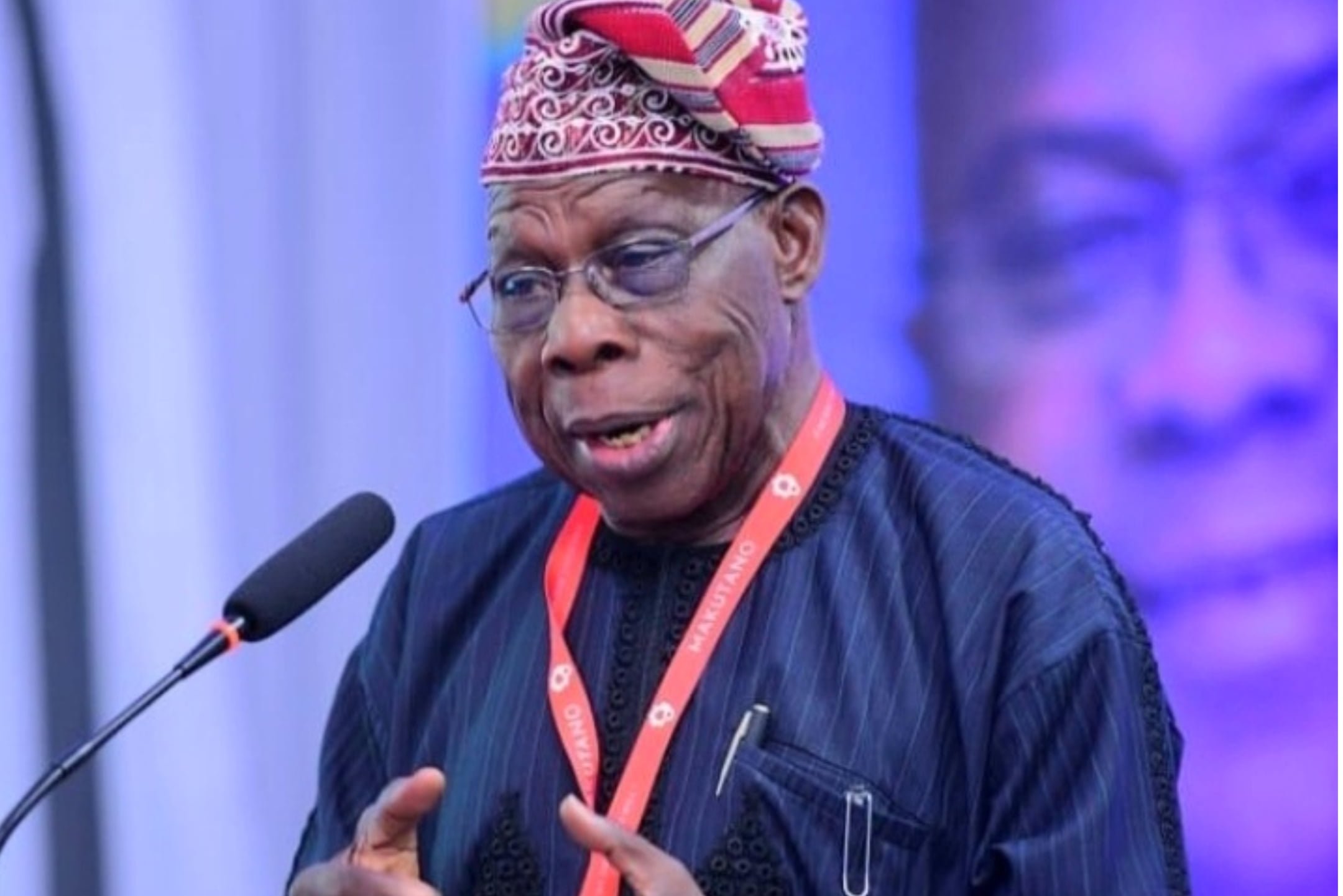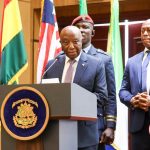
Obasanjo said that, like never before, conscious efforts to build and inculcate a culture of peace and security in the youth must be intensified to spur them to be at the vanguard of promoting peace rather than being used to perpetrate violence on the continent.
The former president equally said that there was nothing wrong with Nigeria reaching out to Zimbabwe to learn from the southern African country how it weathered the storm of galloping inflation that currently plagues the country.
Obasanjo stated this at a youth leadership symposium with the theme “Opportunities for Peace: Roles of the Youths in Conflict Prevention in Africa,” held at the Olusegun Obasanjo Presidential Library, Abeokuta.
The programme was put together by the Centre for Human Security and Dialogue in collaboration with the Institute for African Culture and International Understanding, Olusegun Obasanjo Presidential Library, as part of activities lined up for the 87th birthday of the former President.
Obasanjo explained that rather than pushing forward the narratives of hatred, pulling him down, and negative attitudes that brew conflicts and then violence, Africa must begin to embrace love and tolerance and see peace as not negotiable for economic growth and prosperity.
Youth must oppose conflicts
He said that the youth, whom he stressed are no longer leaders of tomorrow but today, must stand firmly against conflicts in any part of Africa and be agents of peace rather than being lured or used as agents of destabilisation.
The former president said, “We must begin to bring up our youth in a culture of peace and security. The chances are that if we have a culture of love, we will have peace. The first thing to do is to inculcate in the youth the ingredients of peace, which are love and fellowship.
“Look at the attributes that God gave us to have a life of stability and peace; they are, as I mentioned, kindness, mercy, and forgiveness. All of these attributes are professed by God, and He shared them with us to make life pleasant for us. But when we build negative attitudes and pull him down, then there will be problems.
“We have youths in the Bible like Esther, who was able to secure her race from being exterminated. The same thing goes for Joseph, another youth who helped fight the famine.
“The youth must be at the vanguard of pursuing peace; they must be able to persuade those who believe that guns and violence are the way out of conflicts to have a rethink; the way out is conversation and dialogue.
“We have had our issues here during the civil war; we killed ourselves mercilessly and destroyed our best facilities, but we still came back to the roundtable to get the challenge resolved.
“Youths must develop a culture of peace, a culture of humaneness, and a culture of living the way God wants us to live.”
The former president also urged the youth never to give in to life challenges but to rather stand up to them, believing that with the help of the Almighty God, no mountain is insurmountable.
Obasanjo on suicide…
Obasanjo condemned youths committing suicide because of any difficulty in life, saying that such an ungodly and illegal act has never been known to solve any problems.
He said, “When the time is rough and tough, the tough must get going. No problem is new, and no problem will be permanent. Committing suicide is not the end of any problem; confront it and take it to God, because he could do anything. When you have a problem, look at those who have had this problem before and how they overcame it.
“We have this problem of galloping inflation in the country now, but do we have a country with such problems recently? Yes, we do; Zimbabwe had this problem recently. Shouldn’t we ask them how they did it, even if our approach will be different? Even if whatever we shall be doing will be different, we can ask questions to navigate our way out.”
PUNCH Online reported on February 17, 2024, that African leaders opened a two-day summit as the continent wrestled with coups, conflicts, political crises and regional tensions.
Okebukola speaks…
Meanwhile, the coordinator of the programme and former Executive Secretary of the National Universities Commission, Prof. Peter Okebukola, said that the essence of the symposium is to further drive home the commitment of Chief Obasanjo, who believes that African youths have pivotal roles to play in achieving peace across the continent.
Okebukola, who is the Director of the Institute for African Culture and International Understanding at the Olusegun Obasanjo Presidential Library, said, “This event is a testament to the belief that it is not enough to grant young people a seat at the table; their involvement must be vital and meaningful.
“Through targeted interventions, inclusive policies, and international collaboration, we aimed to empower West African youths as catalysts for positive change, paving the way for a more peaceful and harmonious society.”











